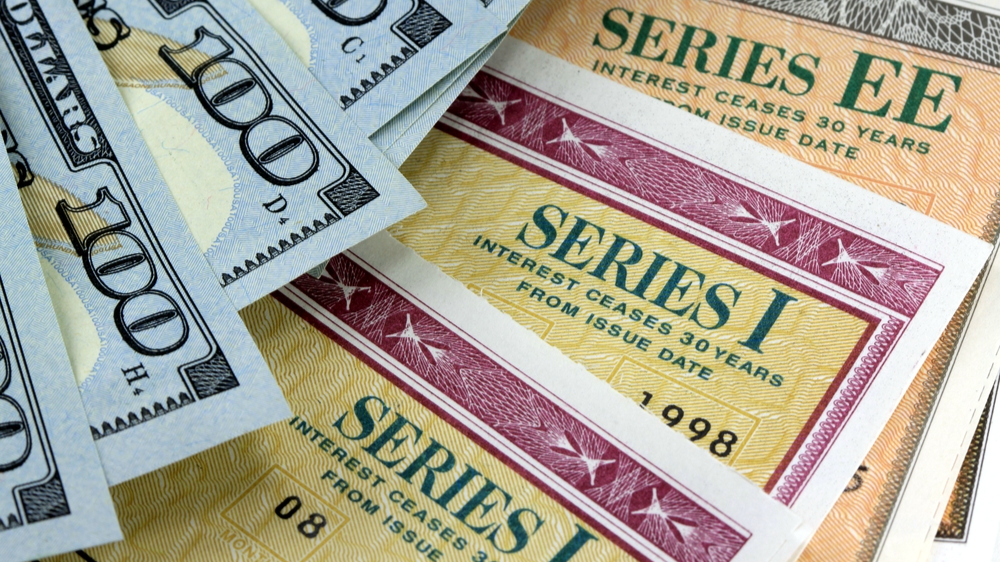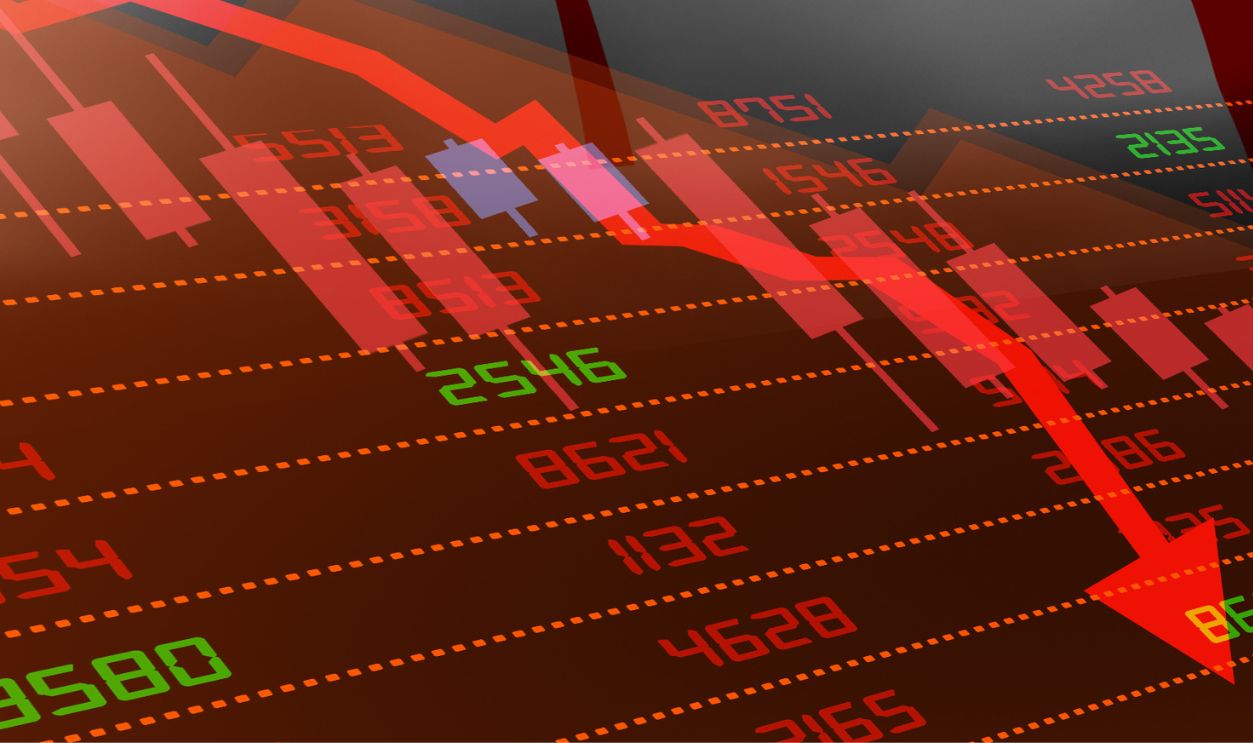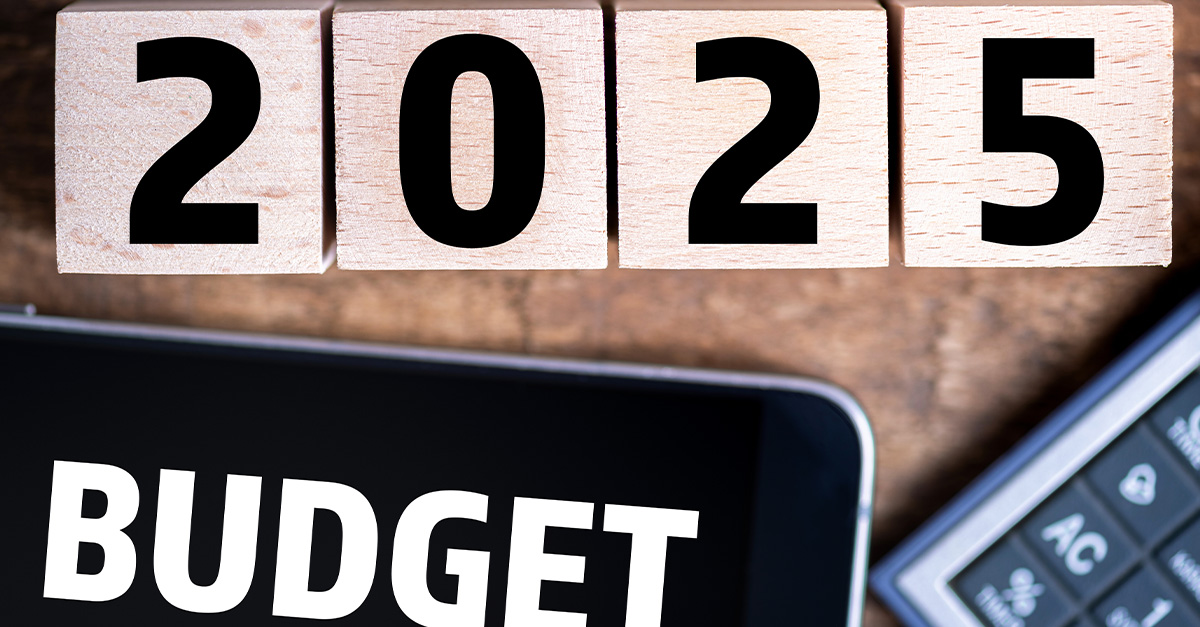Balancing Risk With Reward
Recessions can be tricky. With markets in a volatile state, it’s difficult to know what to purchase before a recession and which investments to make during one. Since the supply chain often tightens during economic downturns, there are certain essentials worth buying in advance. Additionally, while interest rates may be lower during a recession, that doesn’t necessarily mean you’ll benefit once the markets stabilize. Keep reading if you're looking for insights into the best investments and purchases to make during a recession.
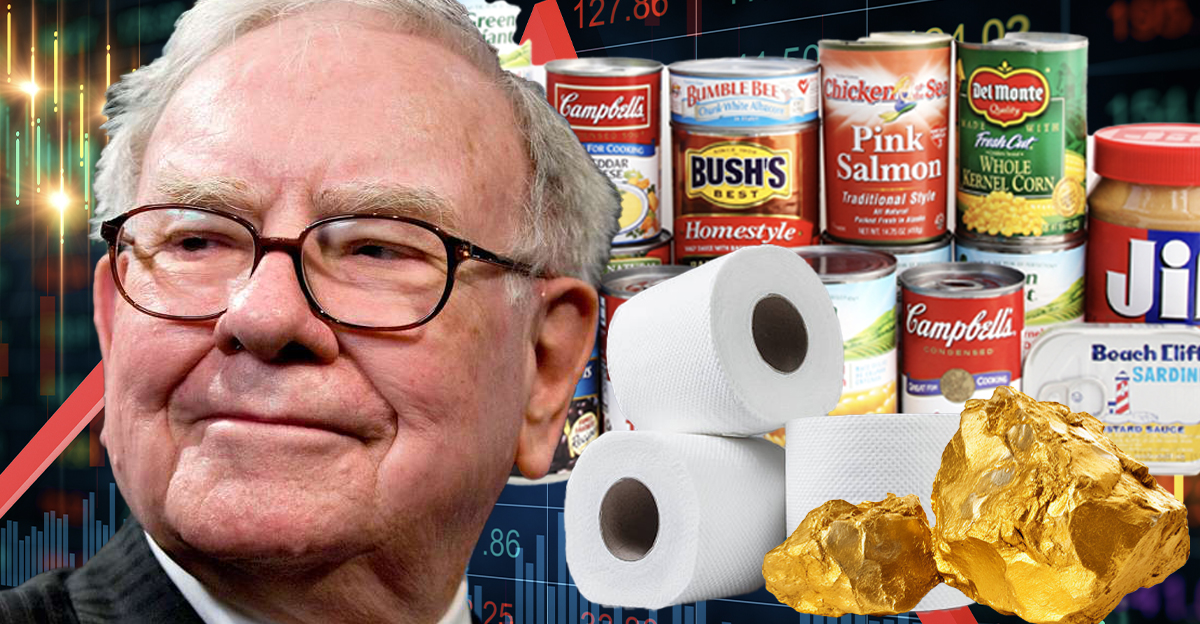
Things To Consider During A Recession
To be a smart consumer, it’s important to watch for recession warning signs that may trickle into the markets and affect your household budget. Taking protective steps is key to helping your family remain resilient during a recession. According to the Moneywise website, purchasing strategic items before prices rise can help guard against inflation. Here are some essential items to consider buying or investing in to help mitigate economic loss.
Stockpile Your Essential Paper Products
Aside from bottled water, paper products like toilet paper, paper towels, and similar essentials often triple in price during emergencies or recession-like conditions. Keeping a modest reserve of these items can help protect your budget if supply falls short and prices surge.
Essential Medication Reserves
Common pain relievers and digestive aids can become costly during economic downturns. Rising medication prices in a recession can take a toll on your budget. Stocking up on essential prescriptions and over-the-counter medications can help you manage between treatment intervals and ensure you have what you need to stay healthy.
Essential Medication Reserves
Many health experts note that certain medications may remain effective beyond their expiration dates, which can offer some peace of mind when lightly stockpiling. When in doubt, consult your doctor about the best practices for managing your reserves and how to rotate and store supplies for maximum effectiveness.
Cleaning And Disinfectant Supplies
The demand for cleaning products often rises during an economic slump, so keeping a supply on hand can help you save money when prices increase, or inventory runs low. Purchasing concentrated formulas can be especially cost-effective, and many cleaning products remain usable well beyond their expiration dates.
Personal Grooming Supplies
Stay ahead of trends like “upflation,” where the personal care industry uses price hikes and rebranding to justify steep increases on everyday essentials like deodorant. Items with a long shelf life—such as soap, dental care products, and disposable razors—are smart to buy in bulk and store for future use.
Gardening Set-Up Equipment
If you're interested in growing your own food, stocking up on basic home gardening supplies is a cost-effective way to ensure you’re prepared. Essentials like soil, seeds, and tools can be used across multiple seasons, and even apartment dwellers can benefit by growing food in pots or planters.
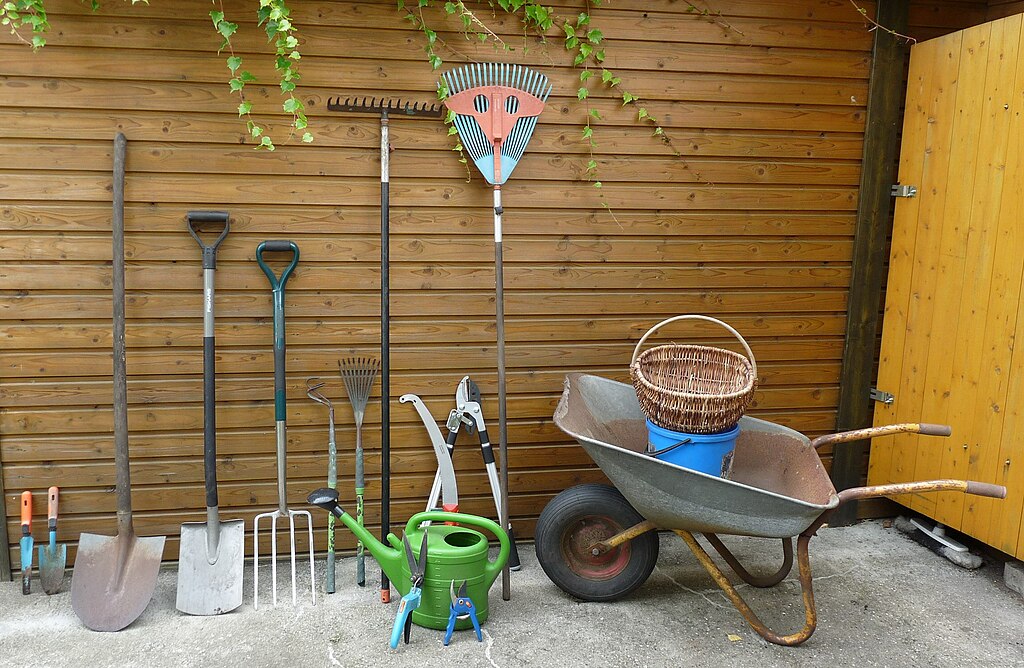 Das Ant, CC BY-SA 3.0, Wikimedia Commons
Das Ant, CC BY-SA 3.0, Wikimedia Commons
Shelf-Stable Food Supplies
Building a solid pantry with durable goods can help you combat inflated grocery prices. Staple foods like rice, grains, canned proteins, and other cooking essentials are smart to stock up on, as they tend to be cost-effective over time. According to government data, the prices of staple foods have risen by as much as 30% in just five years.
 Salvation Army USA West, Flickr
Salvation Army USA West, Flickr
Alternative Energy Options
Investing in backup energy sources can help mitigate fluctuating utility costs. Consider options like portable solar generators, rechargeable power systems, backup generators, and high-efficiency lighting. For apartment dwellers, compact solar chargers for personal devices are a practical solution—not only do they offer immediate savings, but alternative energy sources can also provide long-term security.
 Foncesoulstudio, Wikimedia Commons
Foncesoulstudio, Wikimedia Commons
Focus On Dividend Instruments
Companies with a strong history of paying dividends often continue to do so even during recessions. Sectors like utilities, consumer essentials, and certain real estate investments tend to offer more reliable dividend payouts. Dividend-generating investments can provide steady income—especially valuable when other assets become difficult to liquidate or lose value.
Pet Care Supplies
With animal care product costs on the rise and the pet nutrition industry now valued at $45 billion, stocking up may save you hundreds in the long run. Premium pet care formulations are particularly vulnerable to market fluctuations, so building a reserve of medications, care supplies, and food can help offset inflation-related costs. When stored properly, many of these items remain effective for extended periods.
 Fuzre Fitrinete, Wikimedia Commons
Fuzre Fitrinete, Wikimedia Commons
Build A Resilient Household
Being economically prepared requires a holistic approach to maintain and sustain yourself during a downturn. Practicing good financial hygiene and using practical skills—like DIY home maintenance or cooking at home—can help stretch your resources further. According to Moneywise, adopting a flexible mindset to navigate unexpected economic challenges is one of the most valuable tools you can have in your arsenal.
Explore Buying Real Estate
During a recession, home values often decline, and if you have sufficient capital, it may be a good time to explore investment opportunities. If purchasing an investment property is a practical option, you could generate ongoing income by renting it out during the downturn. Then, once the recession eases and the housing market rebounds, you may be positioned to sell the property for a strong profit.
Precious Metals As Investments
Historically, precious metals such as gold, silver, and platinum have performed well during market downturns, with their prices and demand often increasing during recessions. Consider purchasing bars or coins from a reputable seller, or investing in precious metal securities like exchange-traded funds (ETFs). These funds focus on the precious metals industry and offer a way to gain exposure without directly holding the physical assets.
Invest In Healthcare Stocks
A 2021 study titled Is Healthcare Employment Resilient and “Recession Proof” found that healthcare hiring remains strong even during economic downturns. Sectors such as biotechnology and pharmaceutical companies fall under the broader healthcare industry, and while they may not experience explosive growth during a recession, they also tend to avoid major declines—making them relatively stable investment options in uncertain times.
Invest In Multiple Indexes
Investing in funds—such as exchange-traded funds (ETFs) or low-cost index funds—is generally considered less risky than purchasing individual stocks. This strategy can be especially appealing during a recession, as it allows you to diversify your investment across multiple companies in resilient sectors, rather than concentrating risk in a single stock.
Maintain Equity Markets
It’s natural to want to sell investments during recession fears, but trying to time the market often results in lower gains. Stocks usually act as a leading indicator of economic downturns, so by the time a recession hits, much of the market decline has already occurred.
Maintain Equity Markets
Some of the best stock market gains happen during bear markets and recessions, and missing those days can seriously impact long-term returns. That’s why it’s important to stay invested and disciplined, especially since bear markets are typically short-lived compared to the longer bull markets that follow.
Revisit Your Risk Comfort
Your portfolio risk should reflect your unique life situation, taking into account factors like your age, life goals, debt, and overall investment strategy. The goal is to find a level of risk you're comfortable with—one that supports long-term growth without exposing you to excessive vulnerability from short-term market fluctuations.
Revisit Your Risk Comfort
Now is an ideal time to revisit your risk threshold, as certain aspects of your life may have changed. Your risk tolerance plays a crucial role during periods of market volatility, and it’s important to ensure your investment goals are as protected as possible. This involves balancing the return needed to reach your goals with a level of risk you’re comfortable taking. By finding that balance, you can maintain and build a robust investment portfolio tailored to your needs.
Diversify Your Investment Portfolio
Part of maintaining balance in your investment strategy involves how well you diversify your portfolio. Avoiding the risk of putting all your investment “eggs” in one stock can help offset weaker-performing assets with stronger or more stable ones. Consider diversifying across a mix of stocks and bonds. This approach, often referred to as asset allocation, is a key method for managing portfolio risk effectively.
Diversify Your Investment
Bonds generally offer more stability and less risk than stocks, though they typically deliver lower returns over time. High-quality bonds—like those issued by the Government of Canada—often move differently than stocks, which can help smooth out a portfolio during periods of market stress. Adding international investments can further broaden your diversification and reduce overall risk.
Consider Rebalancing Your Portfolio Mix
When you want to keep your portfolio aligned with your risk tolerance and return expectations, rebalancing may be a good option for you. Your mixed asset classes have non-uniform metrics and can perform differently. Rebalancing your portfolio to its ideal asset mix can help reduce the risk of unexpected losses when stock or bond prices decline.
Consider Rebalancing Your Portfolio Mix
You may benefit from selling high and buying low with rebalancing. For example, if stocks drop sharply, rebalancing lets you take advantage by selling bonds, which may hold their value, and buying stocks at lower prices. It also supports diversification by preventing any one outperforming investment from taking up a larger share of your portfolio than is appropriate for your long-term strategy.
Two Different Approaches To Rebalancing
Threshold rebalancing happens when your portfolio’s asset mix deviates beyond a certain percentage—like 5% or 10%—from your original target. Instead of following a fixed schedule, this approach triggers rebalancing based on market movements, though it may lead to higher trading costs and potential tax consequences.
Two Different Approaches To Rebalancing
Calendar rebalancing involves adjusting your portfolio on a regular schedule, such as quarterly or annually. While it may allow for more drift from your target allocation compared to threshold rebalancing, it can help control trading costs and reduce taxable events.
Understanding What A Recession Is
A recession is marked by a significant slowdown in economic and market activity, often followed by periods of expansion. Many factors can contribute to a recession, including financial market disruptions, rising inflation, economic upheavals, geopolitical conflicts, and reduced consumer spending, among others.
Understanding What A Recession Is
According to the National Bureau of Economic Research (NBER), the official “historian” of US recessions, a recession is defined as “a significant decline in economic activity that is spread across the economy and that lasts more than a few months”. While many economists define a recession as two consecutive quarters of negative GDP growth, the NBER takes a broader approach, evaluating economic indicators such as employment levels, industrial production, wholesale and retail sales, and personal income—excluding government benefits.
Key Characteristics Of A Recession
A recession can affect many areas of the economy, including job loss and rising unemployment. These are often the most visible and immediate effects of an economic decline. When consumer spending drops and prices rise, businesses may scale back resources—leading to job cuts or hiring freezes—as a way to offset costs.
Key Characteristics Of A Recession
Financial market volatility is another key indicator of a recession. Stock markets often experience heightened volatility as investors react negatively to poor economic forecasts and news reports. Some sectors, such as discretionary goods and technology, may be hit harder, while others—like utilities and healthcare—tend to be more resilient.
Evaluating Your Income
When you start exploring your income strengths and weaknesses, you begin to create an inventory of how a recession could impact your finances. Ask yourself: Are you on a fixed or variable income? Do you run your own business, or work in an industry vulnerable to market fluctuations?
Evaluating Your Income
If you believe a recession could negatively impact your situation, now may be the time to explore side gigs and freelance opportunities to earn extra income. These can range from renting out a spare bedroom to tutoring on weekends or delivering groceries through shopping apps. It's wise to update your résumé and begin researching job or income-generating opportunities now to prepare for the future.
Be Honest About Your Spending
Once you've assessed whether your income is likely to change, it's practical to review your spending and identify areas where you can cut back and tighten your budget. Consider canceling unused subscriptions—these costs add up over time—or opting for generic brands instead of name brands. You might also delay larger purchases, such as buying a car, and redirect that money toward building an emergency fund. Lastly, avoid taking on additional debt for medium to large purchases whenever possible.
Paying Off Debt
Part of reviewing your spending includes taking stock of any debt you may have. Be sure to note the amount owed, the loan term, interest rate, and minimum payments so you can create a plan to pay them down. Start by ensuring you can cover the minimum payments, then focus on debts with higher interest rates. Tracking and organizing your debts this way helps you determine how much you need to pay off and which debts to prioritize.
Paying Off Debt
If you have a good credit score and are managing multiple high-interest debts, debt consolidation may help lower your monthly interest rate and payments. Combining all your debt into a single payment can be beneficial and provide peace of mind, knowing there's only one payment to track. Just be sure to read the fine print carefully and consult a financial professional to understand how this option might affect your credit score in the long run.
 Photo By: Kaboompics.com, Pexels
Photo By: Kaboompics.com, Pexels
Planning Your Emergency Fund
If you don’t have an emergency fund, now is a good time to start building one. A reserve covering three to six months of expenses can help you weather lean periods. If you already have an emergency fund, revisit it to see whether you’re still comfortable with the amount saved and whether you might want to increase it. You may also want to adjust other spending habits to align with your overall budget and keep these factors in mind when creating or maintaining your emergency fund.
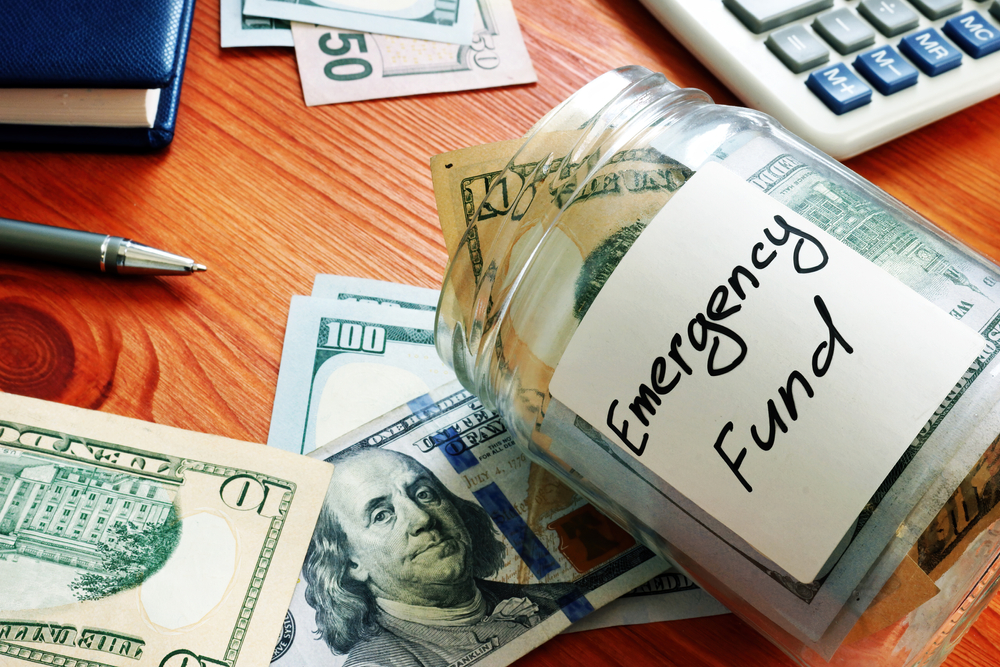 Vitalii Vodolazskyi, Shutterstock
Vitalii Vodolazskyi, Shutterstock
Review Your Protection Plan
Losing your job or experiencing reduced hours could also mean losing employer-provided insurance, such as health, disability, or life coverage. Planning ahead by exploring alternatives and comparing prices now can help you avoid coverage gaps and better manage the added cost if you need to maintain these policies on your own.
The Bottom Line
Recessions and market fluctuations are a normal part of the economic cycle, but the key message is not to panic. If you're investing for the long term, sometimes the best course of action is to stay the course. The market has proven to be resilient over time, and with a well-diversified portfolio, you can weather the storm with greater confidence.
The Bottom Line
Even major economic downturns are often followed by faster-than-expected recoveries. For example, the S&P 500 rebounded to new highs in under six years after both the 2000 dot-com crash and the 2008 financial crisis—and after the 2020 COVID-19 crash, it took less than a year.
You May Also Like:
Preparing For A Possible 2025 Recession
How To Rebuild A Depleted Emergency Fund



















